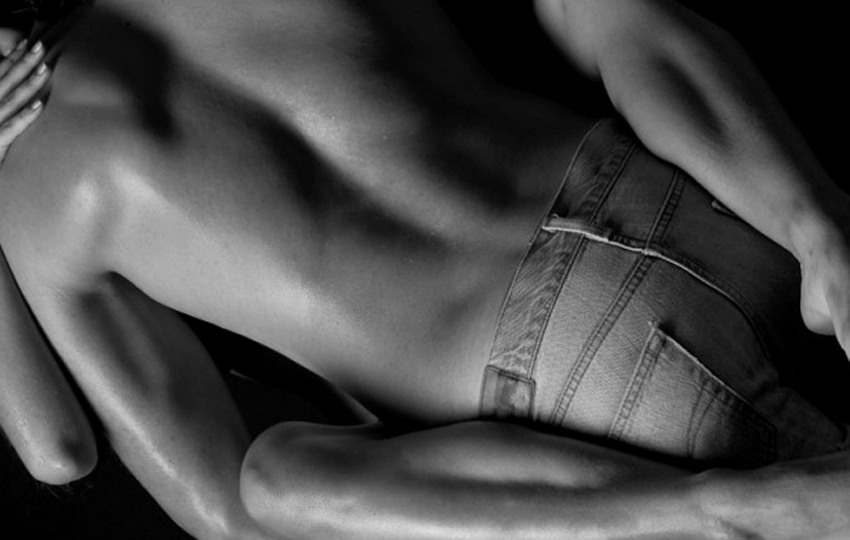Sex Addiction Colchester

There is a lot of information on movies, television shows, online and even in the media about people, typically men, with sex addiction Colchester. While sex addiction is often used as a way to explain behaviour that is socially unacceptable, it is also a very real issue that men and women struggle with on a daily basis.
Sex addiction Colchester, just like other types of addiction, is a compulsion to engage in specific types of behaviours. It is not acting out on secret desires, it is about having compulsions and behaviours that are outside of the ability of the individual to control. In this way, it is just the same as the alcoholic who understands the dangers of taking a first drink but does so anyway, not because he or she just wants to taste the liquid, but because their brain, and their body, is driving them to do so.
Sex addiction starts like any other normal and socially acceptable behaviour such as eating, social drinking or even enjoying some time at a casino. Then, as the individual experiences pleasure in the brain through the behaviour, a pathway is created. The brain wants to recreate this flood of “feel good” chemicals, which creates a compulsion to act out in specific sexualised ways.
The Symptoms Sex addiction Colchester
At Philippe Jacquet & Associates, individuals may come in for sex addiction Colchester treatment through the support and encouragement of a spouse, partner or family member. In some cases, the individual has experienced some type of loss or trauma due to the behaviour, perhaps the loss of a job, the loss of a partner or even an arrest or criminal charge.
The symptoms of sexual addiction are very much like that of other types of addictive behaviours. Individuals understand that what they are doing is negative and destructive, so they try to hide their behaviour. Secretive use of the internet on computers and mobile devices is often an initial sign.
Individuals with a sexual addiction may escalate in their need to engage in specific types of sexual behaviours. They may have difficulty in concentrating and focusing at work, in being in a relationship and in managing other areas of the life. They may also experience sexually transmitted diseases and may have difficulty in having an intimate relationship with a partner.
Sex addiction Colchester Getting Help
The first step in getting assistance with sexual addiction Colchester is to recognise and admit there is a problem. More often than not, the individual is highly defensive and resistant, and the first few sessions may be spent in simply talking to the individual about the impact of the behaviour on daily life.
In future sessions, Philippe Jacquet will develop a bespoke treatment plan. Using a holistic approach to treatment, the individual can explore the root of the issues that are driving the behaviour and then develop new, more effective was to move forward. In some cases, the spouse or partner may come into the therapeutic process later, helping the couple to strengthen their relationship during recovery.
For many people, childhood trauma, sexual abuse, depression, anxiety and even stress can contribute to addictions, including with sexual addiction. By addressing these issues, the individual can change their thinking, allowing for a new and more effective behaviour.
Philippe Jacquet & Associates - Colchester
Wellesley Road
Colchester, London
CO
- +44 03333392430
- info@philippejacquet.co.uk
Opening Hours :
Monday: 08.00 – 21.00
Tuesday: 08.00 – 21.00
Wednesday: 08.00 – 21.00
Thursday: 08.00 – 21.00
Friday: 08.00 – 21.00
Saturday: 10.00 – 18.00
Sunday: 10.00 – 18.00

